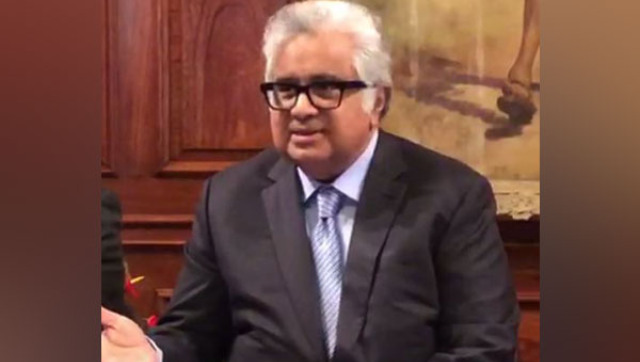The market for bad ideas is booming. Snake oil remedies are being suggested for treating symptoms when the underlying disease remains unaddressed.
Courts and committees are getting into the act on diesel cars - the proclaimed villains in the burgeoning diesel subsidy bill, which could cross Rs 1,00,000 crore in 2012-13.
In the Supreme Court yesterday, amicus curiae Harish Salve filed a petition seeking the imposition of an environmental compensation charge on new private diesel vehicles, reports Business Standard . On vehicles already sold, Salve wants an additional 2 percent levy on petrol cars and 4 percent on diesel vehicles in the National Capital Region (NCR), which will be collected by the insurance companies along with their annual premia.
Another idea that has been tossed into the diesel jerrycan is one by economist Kirit Parikh , who wants diesel cars taxed not just once, but annually, at rates varying from Rs 20,000-50,000 depending on the engine capacity of the vehicle. Parikh has been proposing taxation on diesel vehicles for as long as one can remember.
And how did Parikh arrive at the annual tax figures? He says the actual diesel subsidy per litre is around Rs 25 even though the oil companies are claiming a loss of only Rs 9 a litre. Parikh reckons that the higher excise duty on petrol should also be seen as a subsidy to diesel. Thus an SUV owner driving 25,000 km a year is subsidised upto Rs 50,000 on his diesel.
Both Parikh and Salve have thus chosen to deal with the symptoms rather than the problem.
The disease is simple to understand: high subsidies on diesel are busting the budget. But of the Rs 1,00,000 crore subsidies that may be paid out this year, diesel cars may account for only 10 percent at best. Fixing the problem means deregulating diesel prices, and reducing the cost gap between diesel and petrol. Trying to solve the problem by increasing the price gap between diesel and petrol cars is not the solution. It will skew the market for automobiles. (To understand why raising diesel prices is better than taxing diesel vehicles, read here ).
The second problem is that public transport is simply not adequate in the major metros and other urban growth centres. It is the policy failure on public transport that has caused car populations to explode everywhere, causing pollution all around. Taxing diesel cars may merely shift the demand from one kind of polluting vehicle to another. It will not solve the larger problem of poor urban transport.
When it comes to pollution, again the attempt is to deal with the symptoms. In Europe, diesel cars are considered greener than petrol. They also offer better mileage over long distances.
So trying to clobber diesel cars is hardly the solution to urban vehicular pollution and lack of public transport. Raising the prices of diesel cars leaves 90 percent of the subsidy problem unaddressed. It also leaves the pollution problem where it was - since demand will shift to other cars. And if diesel is more fuel-efficient, and diesel cars are substituted with petrol, it will lead to an increase in petrol consumption. This can hardly be welcomed when we are anyway overdependent on oil imports.
The suggested remedies will lead to some unintended consequences. Low diesel prices in the past sparked off two unhealthy trends: they prompted automobile manufacturers to invest in diesel engines, and removed the incentive for companies manufacturing other diesel products - agricultural pumps, buses, trucks and standby generators - to shift to more fuel-efficient technologies.
If the remedies are accepted, investments made in diesel car engines will become under-productive. But it will do nothing to reduce diesel usage in the long run since the other manufacturers - the 90 percent - still have no reason to move away from fuel-guzzling contraptions. They will continue to increase diesel consumption.
Let’s be clear: there is no doubt that private vehicles have to be taxed more, maybe even annually, as Parikh suggests.
But unless the revenues earned from these taxes are routed back to public transport, the loop in the policy will not be closed.
Both suggestions could, at best, be half-solutions. At worst, they could end up being worse than the disease.


)




)
)
)
)
)
)
)
)